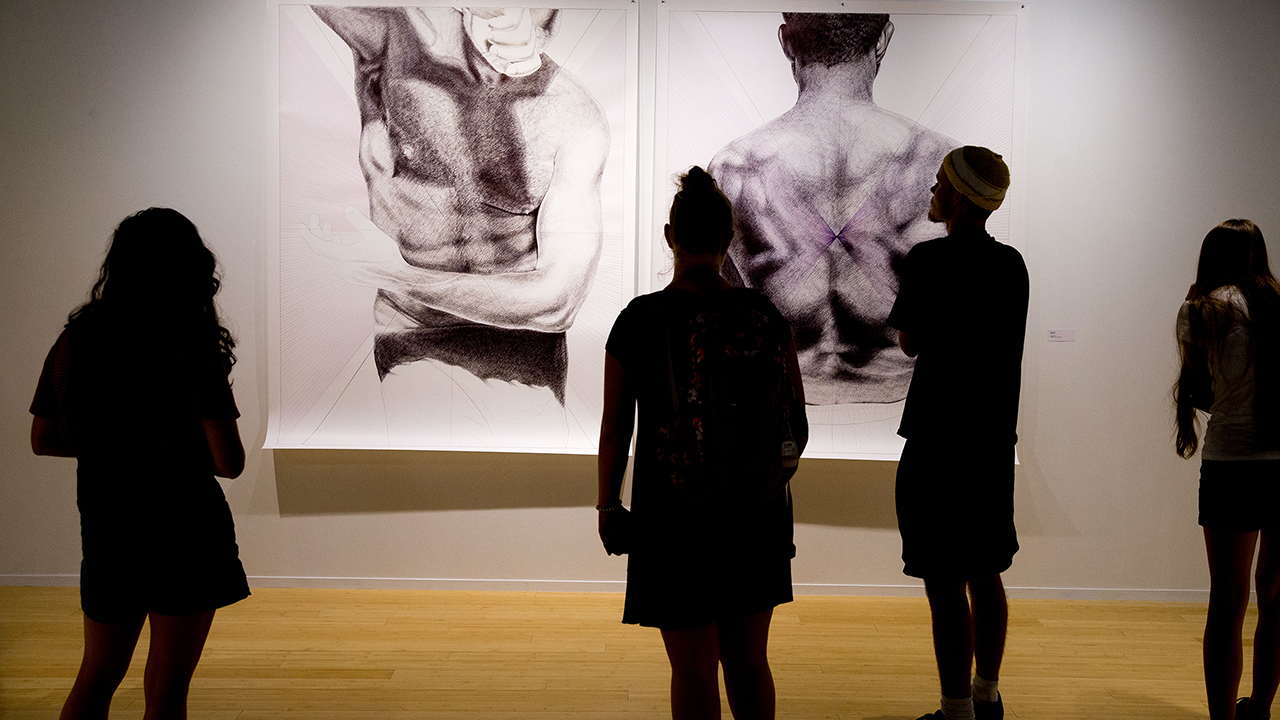
Art and Design
Art History
Bachelor of Arts
Art History teaches you to see the world from a whole new perspective. It explores the visual cultures of diverse peoples, places, and times. The study of Art History will change the way you look not only at paintings and sculpture, but also pop culture, advertisements and any visual phenomenon. Art History is more than the History of Art, it’s a way to look at the world.
Art history develops skills that will enhance your value well beyond the realm of arts. You’ll strengthen your critical and creative thinking skills; oral, written, and visual communication; the ability to take multiple approaches to solving problems and the ability to appreciate diverse cultures.
The Bachelor of Arts in Art History affords students the unique opportunity to study the discipline of Art History through traditional academic means as well as through professional settings provided by internships, field trips, and visiting artists and scholars. Kutztown University's proximity to major art centers, such as New York City, Philadelphia, and Washington, D.C., enables students' experiences with art to extend beyond the classroom. A major in Art History will prepare you for career opportunities related to cultural tourism, as well as work in museums, galleries, and more.
The Minor in Art History program requires completion of 18 credit hours of art history, including three credits in visual culture electives (topics that include histories of animation, graphic design, or cinema). The Art History minor enhances degrees awarded for the Bachelor of Fine Arts in various visual arts programs and the Bachelor of Science in Art Education. It also complements bachelor's degrees in related disciplines in humanities and social sciences, such as literature, history, professional writing, anthropology, psychology and others.
Sample Career Options
- Art Historian
- Museum/Gallery Curator
- Registrar
- Art Critic
- Arts Administrator
- Gallery Assistant
- Writer/Editor
- Art Conservation and Restoration
- Museum Marketing and Public Relations
- Art Law and Law Enforcement
- Art Consultant
- Artist Management and Representation
- Museum Fundraising and Development
- Special Events Planner for a Museum
- Art and Estate Appraisal
- Exhibit Installation
Kutztown has given me a really amazing ability to think critically about all sorts of things, albeit a piece of art or a different way to interpret the world. It's given me opportunities to succeed and opportunities to apply that knowledge in real-life situations.
Emma Osle '17Student Learning Outcomes






